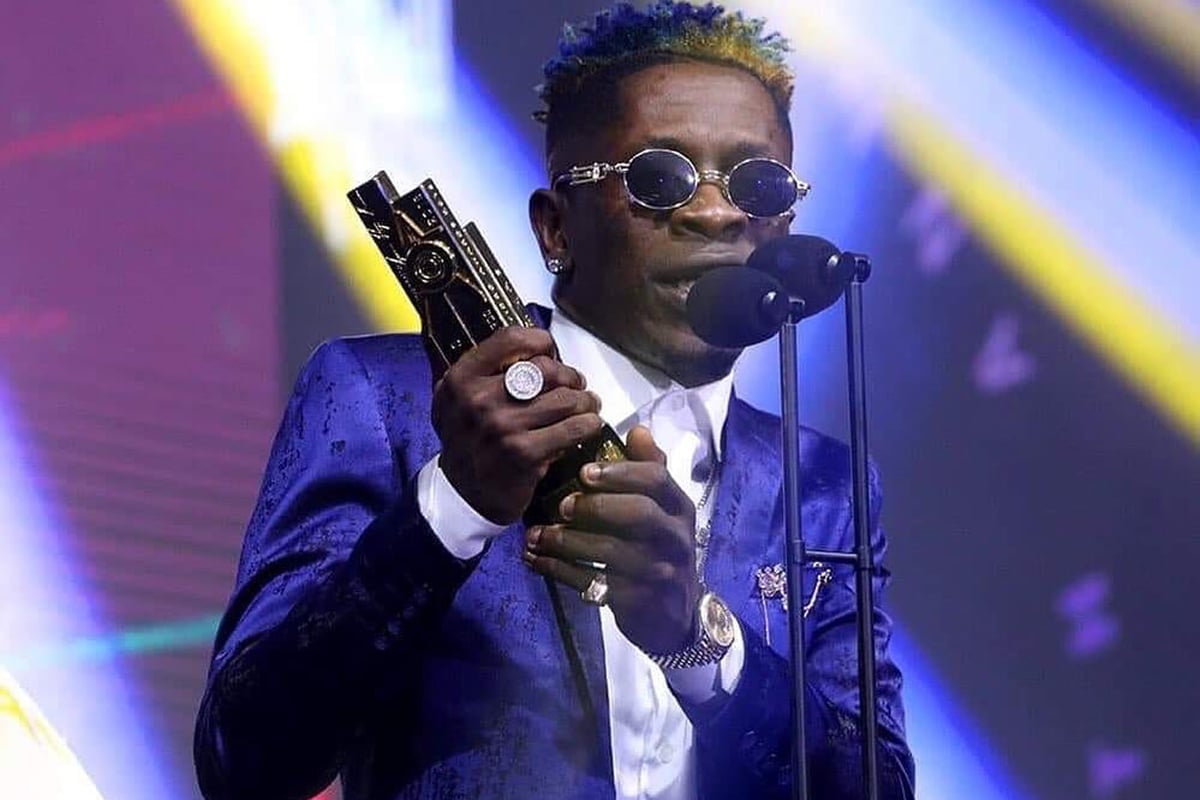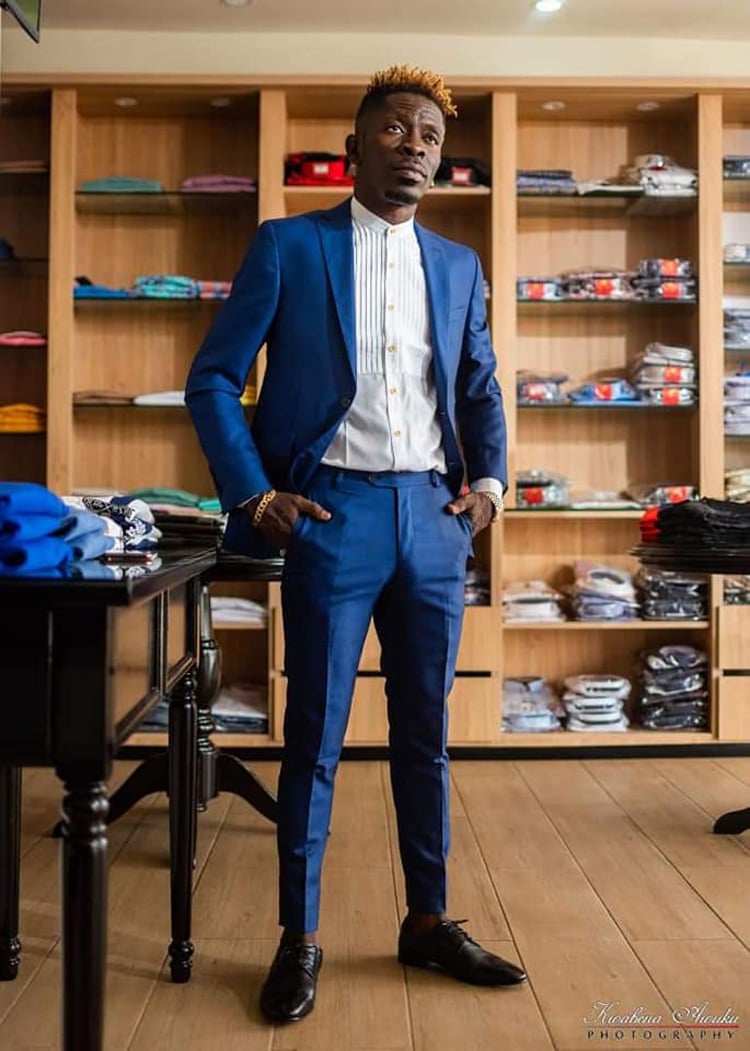Shatta Wale Says He’s “Graduated” From Dancehall Music To Afrobeats

Ahead of the release of his first Afrobeats album, self-proclaimed King of African Dancehall Shatta Wale has declared that he has graduated from the Jamaican genre.
According to him, Afrobeats has been making bigger strides in the international music market, and, as a consequence, he has decided to delve into the genre.
The Ghananian, who made his name as a Dancehall artist, made the statement recently, during an interview with BBC’s This is Africa presenter DJ Edu, after being asked why he made the shift in genres.
“Why did you decide to switch it? It’s like Dancehall was doing you good. Dancehall King, Dancehall ambassador, Dancehall everything. Even like the Jamaicans represent; they are like ‘Shatta is hot’,” the broadcaster had asked.
“Yeah, I know. It’s like I’ve graduated from Dancehall. I just want to feed the fans with what is currently happening so they can all enjoy good music,” Shatta responded.
“Afrobeats is doing good right now – shout out to Burna [Boy], Wiz[kid], Davido, and my ex-girlfriend Tiwa Savage…,” he added.
In a May 2020 interview with The Gleaner, Shatta Wale had pointed out that he has a longstanding love affair with the Dancehall and Reggae genres.
He also told the publication that he was so “comfortable with the Dancehall lifestyle” that he was often mistaken for being Jamaican. “Lot of times when I am going thorough airports people ask me if I am Jamaican…,” he had said.
He had also explained that as a child, his father would play Reggae at home, and had also taken him to the United Kingdom to meet his relatives, who were “half-Jamaican.” According to him, whilst in school his inspirations were King Shango, Sizzla, Culture, and British reggae singer CJ Lewis, but that when he began listening to Buju Banton and Vybz Kartel “somehow Dancehall took hold”.
Over the years, Shatta has collaborated with several Jamaican artists. His collabs include: Blow Up with Skillibeng; The Way I Move with Shenseea; ATM (Remix) with Alkaline; Party with the Stars with Munga Honorable & Tifa; My Queen with Aidonia; Inna Di Night with Lisa Hyper; Dem A Pree with Mavado.
Shatta and his Ghananian compatriot Stonebwoy have, over the last several years, also been squabbling publicly over the title of African Dancehall King.
But in June 2021, the acting president of the Musicians Union of Ghana (MUSIGA), Bessa Simons, declared in an Asempa FM radio interview, that the two Ghanaian artists who claim to be topping the Dancehall genre were copycatting Jamaicans and passing off Highlife music as Reggae and Dancehall.
Simons, who is himself a Highlife artist, said that the Ghanaian artists were only mimicking the style of Reggae/Dancehall acts “but they cannot be identified as such as they were not born in Jamaica”.
“They are singing Highlife. Ask any better musician and they will tell you. Were they born in Jamaica? They are only trying to copy the Jamaicans,” the Belembe singer had said.
In August 2020, Simons had made similar comments that “there is no real Dancehall musician in Ghana” and that “acclaimed dancehall musicians in the country are doing highlife music and not the Jamaican genre”.
“My friend you are singing highlife, you grew up in Ghana. I have worked with the Whites and knows how they play their music. I have also worked with Jamaicans, I even worked with pioneers of reggae music, I know how they play music, ours too, when you fuse Dancehall and others. All what they sing let me tell them they’re singing highlife,” Bessa had said.
“When they are singing highlife, they say it is Dancehall, how?” he added.
Simons, when asked whether or not Stonebwoy and Shatta Wale, who are regarded as Dancehall superstars in the country, qualify to be referred to as such “per his criteria”, said they did not. He also cited “financial expediency” as the reason Ghanaian musicians shied away from the highlife music and sought after genres such as Dancehall.
“It could be highlife isn’t profitable or they don’t know where to take highlife because in our music world, there are other markets. Music there are vast markets…,” he said.

